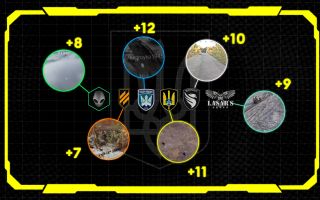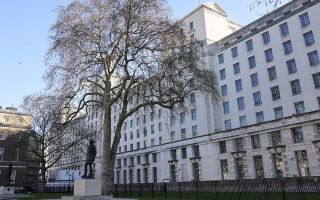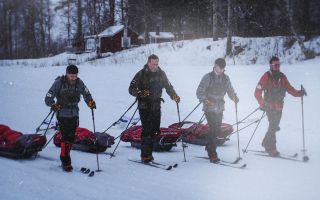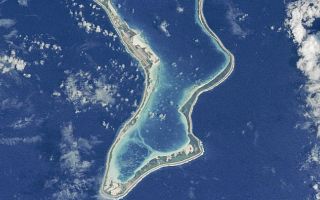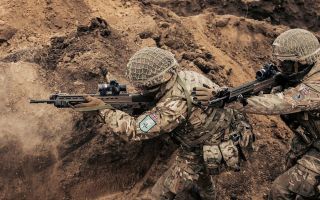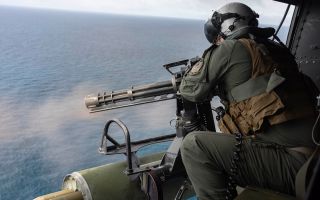Incredible work turning civilians into soldiers, Starmer tells Interflex trainers
Sir Keir Starmer has thanked British and Albanian troops for their work in training Ukrainian forces under Operation Interflex.
During his visit to Tirana, the Prime Minister called the mission "hugely important" and said it symbolised the growing defence and security partnership between the two nations.
Some 51,000 Ukrainians have now gone through Operation Interflex - a UK-led multinational initiative to train Ukrainian personnel in response to Russia's full-scale invasion.
Albania is one of the 13 countries contribution to the programme, and speaking outside the Berzite Military Museum, Sir Keir praised all those involved.
"I think being able to showcase the UK and Albania working together in this way is hugely important, not just for our two countries, but for other countries to see the way in which we are working together and the work that you are currently engaged on," he said.
"And it is of such significant importance to the Ukrainians who are literally leaving that training and heading to the front line, not just to defend their country, but the front line of our values of freedom and democracy.
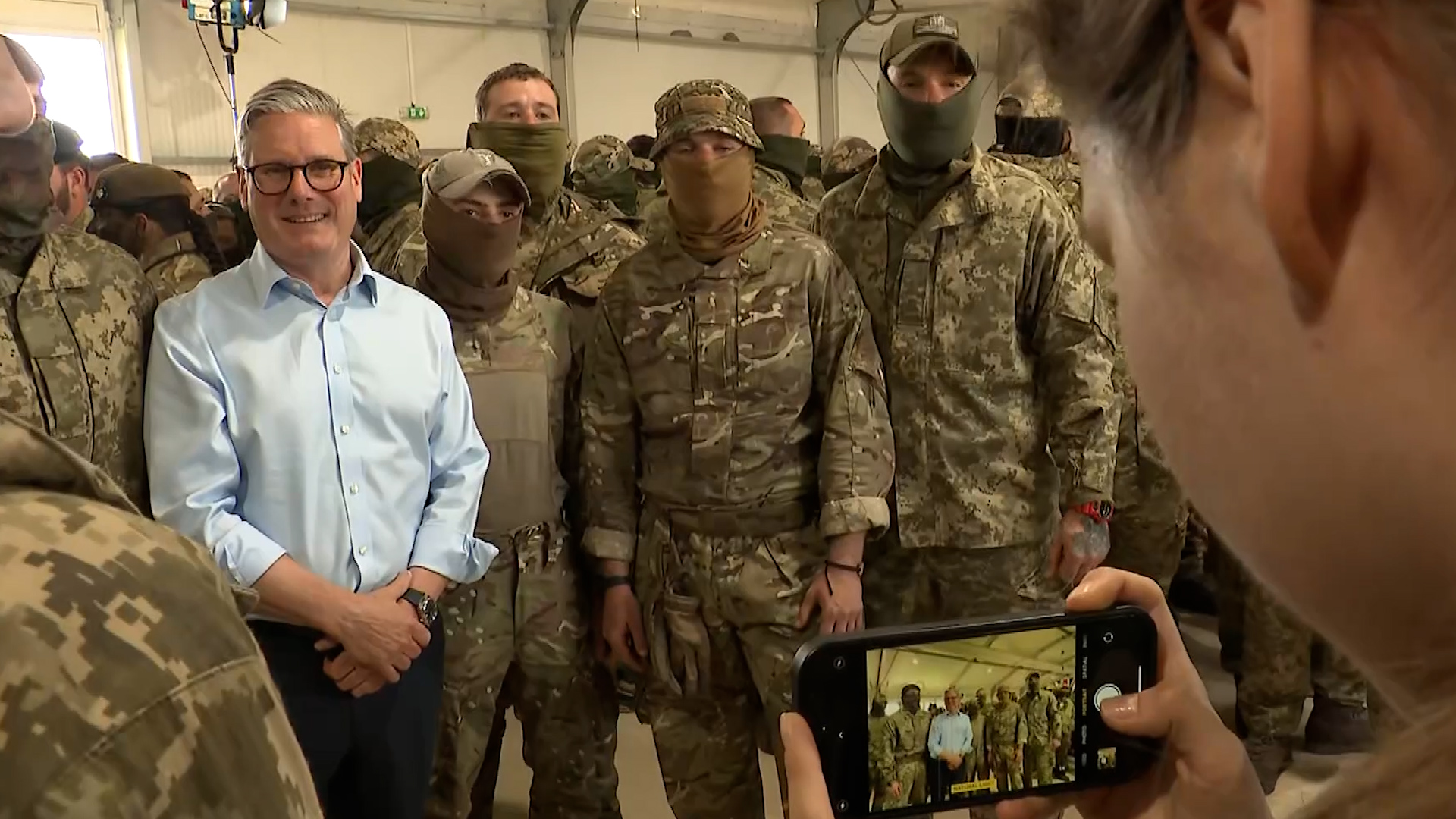
"We are all hoping that we can get a breakthrough in Ukraine, that it can lead to a ceasefire and a peace.
"But if there's peace, it's got to be a lasting peace, and I'm convinced it can only be a lasting peace if Ukraine is in the strongest possible position.
"I'm really pleased that in the wider context today, we've made an agreement to enhance the work we do as two countries on security and defence, including production and procurement.
"I do think this is a new era for Europe, and a new era for security and defence."
Other countries involved in Operation Interflex include Canada, Australia and the Baltic States.
Since the war began three years ago, members of the Ukrainian armed forces have been holding back the Russian invader as they defend their homeland.
The training has been wide-ranging, from disposing of landmines to fighting in the trenches.
The Prime Minister said he had noticed how the conflict had changed over the last three years.
"It's quite incredible because you're getting Ukrainians who are civilians, not soldiers," he said.
"The last time I was there, there was a shopkeeper, there was a filmmaker, a lawyer, somebody worked in local government, and they're coming in for intense training before they then go off to the frontline.
"And for them it's vitally important because the conflict is changing. So last time I went, a lot of training about drones and how to avoid drone attacks, et cetera, in a way that was different the first time I went.
"It's a powerful demonstration of our support for Ukraine."

